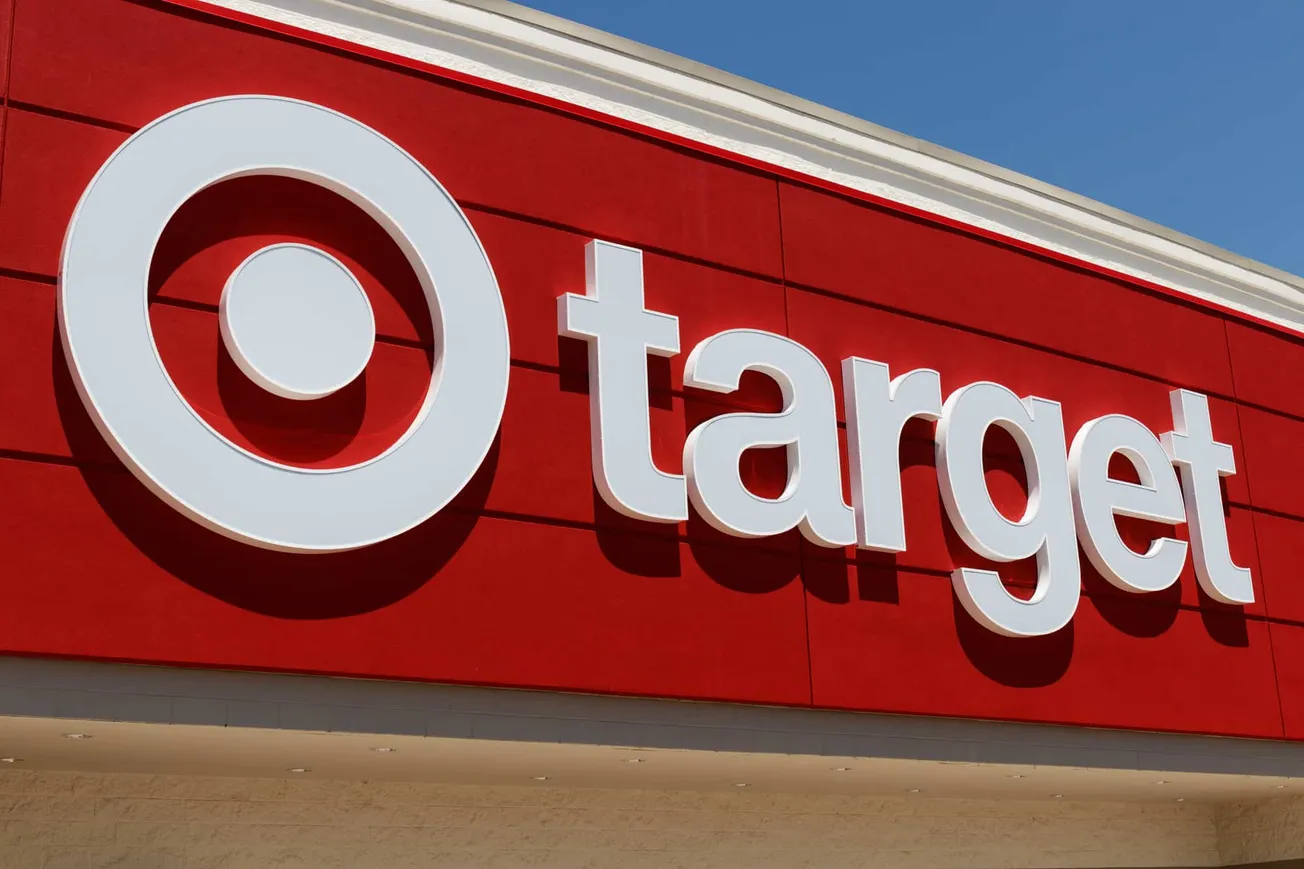The retailing news continues to stun. Now comes word that Target intends to leave Canada, dispose of its 133 stores in that country and accept a loss of at least $5 billion in the fourth quarter.
The retailing news continues to stun. Now comes word that Target intends to leave Canada, dispose of its 133 stores in that country and accept a loss of at least $5 billion in the fourth quarter.
In retailing circles, the story behind the news will be dissected, analyzed and second-guessed for months, if not years.
It should be reiterated, at the outset, that this isn’t some third-rate retailer admitting to a small mistake, a minor miscalculation, a judgmental error, a misreading of a consumer very like our own in a market very similar to ours. Rather, Target was placing a large bet on its future by spending an inordinate amount of time, money and effort to crack a market that most U.S. retailers had long avoided. Canada is, after all, a foreign country. Its primary attraction is its proximity to the United States. Its primary appeal was the fact that many Canadians were already familiar with Target, having shopped its stores for some considerable time merely by crossing the border.
The compelling feature of this story is that Target got so much wrong: its strategy, its pricing, its personnel choices, its failure to understand the Canadian consumer, its continued failure to appeal to that consumer with a merchandise assortment that had become one of the more compelling in the United States. It all calls into question larger issues about Target going forward. Why, for example, has the retailer succeeded so dramatically and so consistently in the United States, where the competition is, according to most retail analysts, far more intense than it is in Canada? It certainly can’t be attributed to luck or happenstance.
Rather, Target has succeeded in the United States because it is a better, more efficient, more exciting retailer than the competition, because it treats its customers as guests, because it trains its personnel to respect and respond to the people who shop its stores, because it offers value and innovation and excitement rather than merchandise. Lower-income people shop Target to reach the next economic level. Upper-incomers are willing to trade down to Target because they don’t believe that shopping Target is trading down. In short, Target’s appeal is an across-the-board appeal, a stretch Walmart tried to make. And failed.
Surprisingly or not, Target’s options in Canada are few. Simply selling the stores is hardly a viable option, because no buyers come immediately to mind. Walmart would be a logical choice as a buyer, except that it already commands a dominant position in the Canadian market. Few other retailers appear eager to express an interest in Canada, especially those already operating in that country. Those companies not now in Canada must view Target’s failure as a cautionary tale, a warning that the country’s negatives — in population, geographical skew and economics, among other perceived shortcomings — could prove too difficult to overcome. If Target can’t succeed, who can?
In announcing the retailer’s withdrawal from Canada, its chief executive explained that the company was prepared to devote its energies to improving its importance, its position and its results in the United States, a country where, just two years ago, it was widely viewed as the equal of any mass retailer against which it competed. Today, two years later, the company, despite a surprisingly strong Christmas selling season, is still viewed as being on probation, not yet even nearly returned to the position it occupied in the mass retail community of 2012.
News should be coming quickly in the days and weeks ahead. That news will likely be of store closings, of going-out-of-business sales, of store sell-offers where those make sense, of the downsizing of staffs and the curtailing of construction, of steps to compensate, in some form, the 17,600 Canadian employees who will shortly lose their jobs and connections to Target’s U.S. company. Shortly, Target’s Canadian operation will fade from the headlines — and from the minds of those people who either work in retailing or follow the retail chatter. Target Canada, for all intents and purposes, has already ceased to exist.
Except at Target U.S. In this country, the news of Target’s withdrawal from Canada is among the most dramatic retail stories of this decade, perhaps of this century. Retailers with the experience, the vision, the personnel and the commitment of Target simply don’t make mistakes of this magnitude, mistakes that transcend individual decisions and team efforts.
In short, how Target behaves in the United States within the next few months and years, and the results it posts, will go a long way toward determining the retailer’s ultimate future — here or anywhere.





